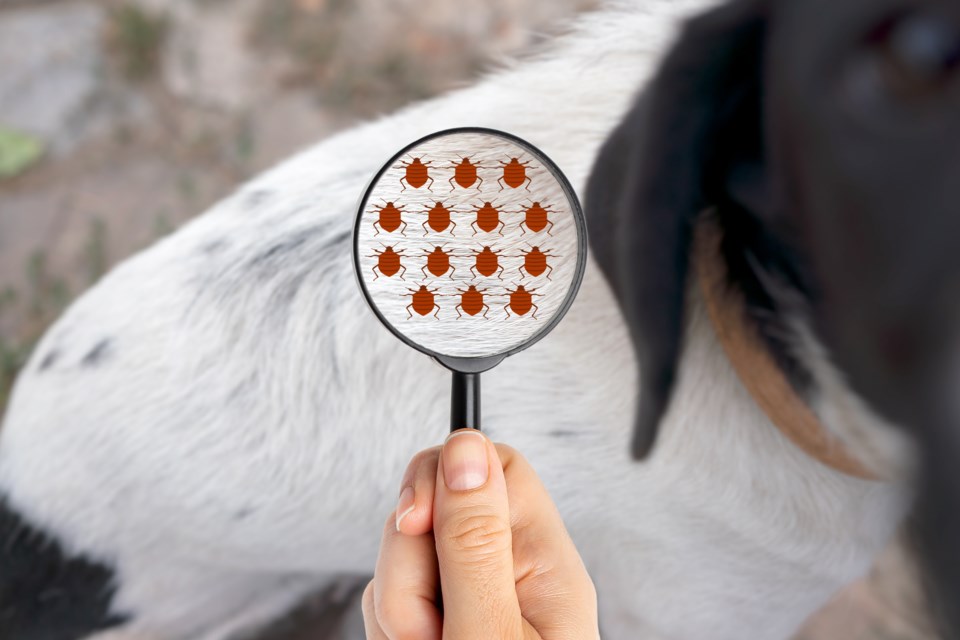The city of McKinney is warning residents about an increase in cases of flea-borne Typhus, also known as “murine” or “endemic.”
Typhus is transmitted to humans through contact with infected fleas. These fleas acquire the infection by biting infected animals, such as rats, cats, or opossums. When an infected flea bites a person or animal, the bite punctures the skin, creating a wound. Fleas defecate while feeding, and their feces, known as flea dirt, contain bacteria that can enter the bite wound or other open wounds, leading to infection.
Fewer than 5% of patients recall a flea bite or exposure in the one to two weeks before the onset of illness. Infected flea dirt can also be inhaled or accidentally rubbed into the eyes, but the bacteria do not spread from person to person.
Symptoms of typhus are generally non-specific and may include fever, headache, chills, malaise, loss of appetite, muscle pain, rash, nausea and vomiting. Most cases are fully resolved with appropriate antibiotic treatment. However, if not treated promptly, some individuals may require hospitalization.
There is currently no vaccine available to prevent flea-borne typhus, so it's important to reduce your risk by avoiding contact with fleas. The most effective way to protect yourself and your family from flea-borne typhus is to take preventive measures in and around your home.
Start by cleaning your yard to make it less hospitable for rodents, opossums and stray cats. This can be done by removing any brush or trash, keeping the grass mowed and storing firewood off the ground. Avoid leaving pet food out at night, as it can attract unwanted animals that may carry fleas.
To further reduce the risk, prevent rodents from living in your house. Before initiating rodent control in your home or yard, it's crucial to treat for fleas. If you don't, the fleas may seek new hosts when the rodents die, potentially putting you and your family at risk. There are many commercial flea control products available, so choose one and carefully follow the label instructions. If you have pets, it’s important to control fleas on them regularly. Consult your veterinarian to find flea control products that are safe and effective for your pets.
Don't miss anything Local. Sign up for our free newsletter.




